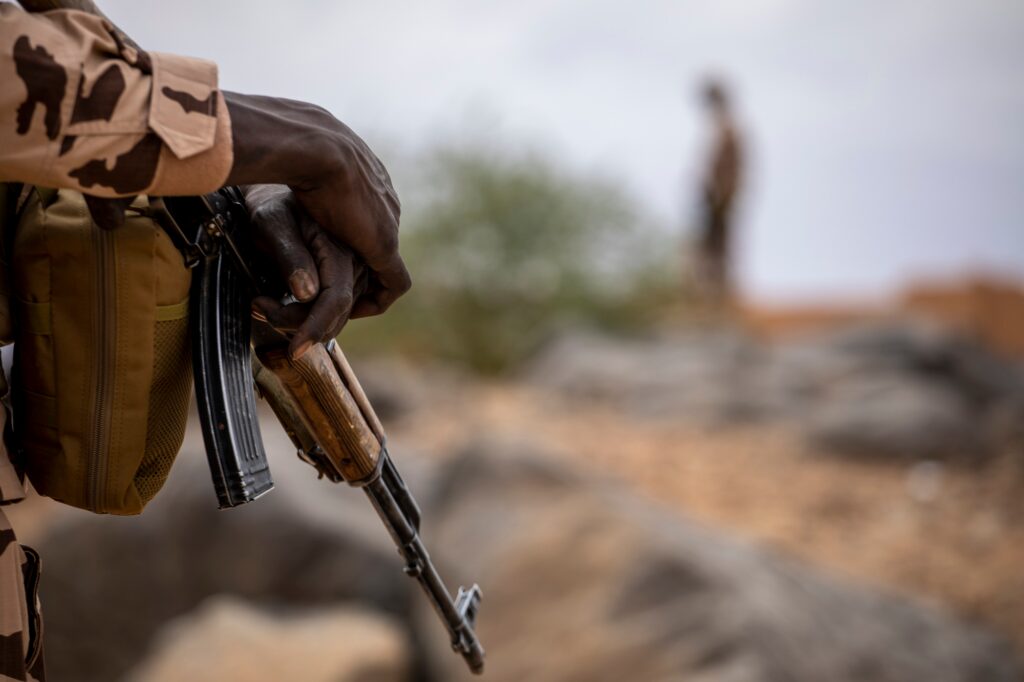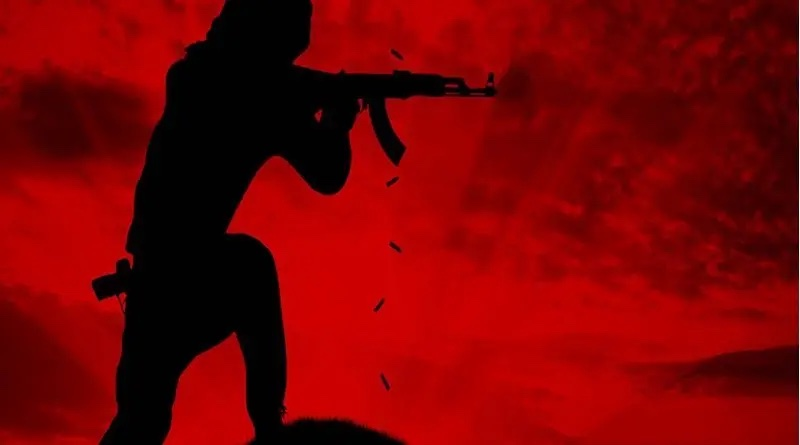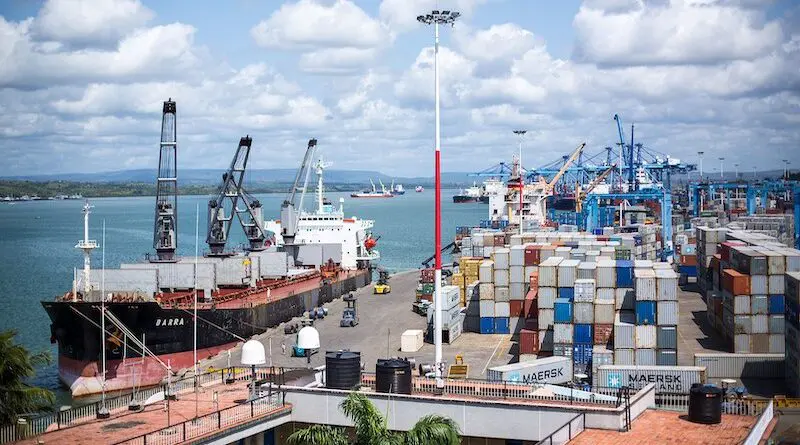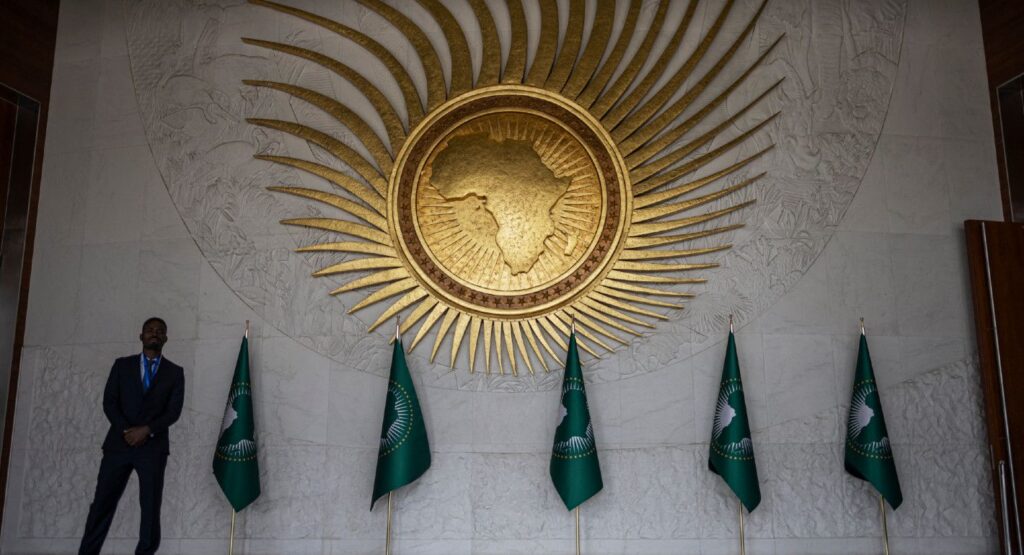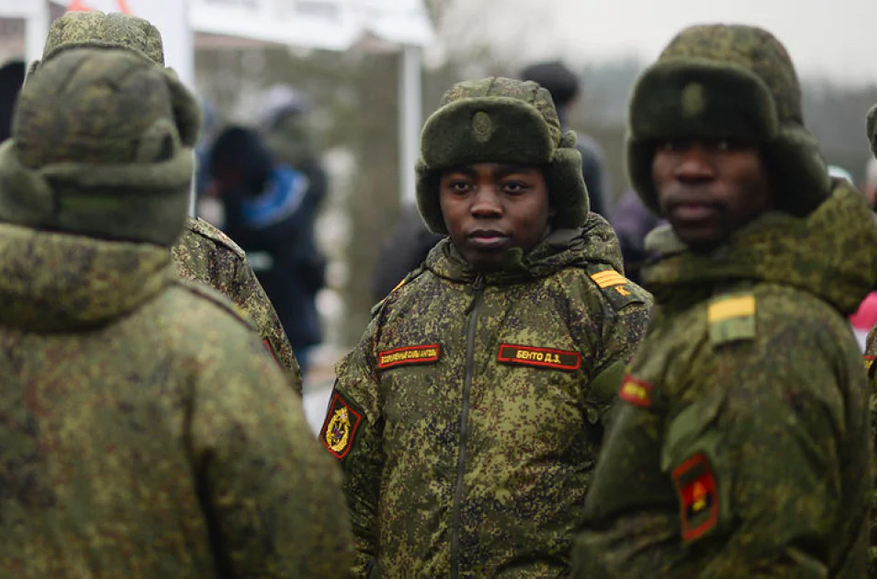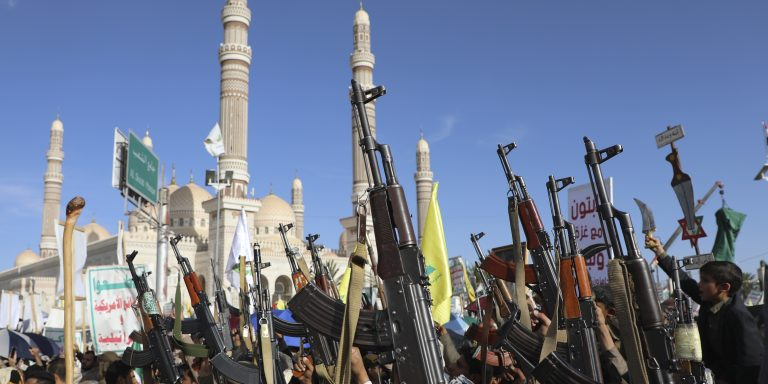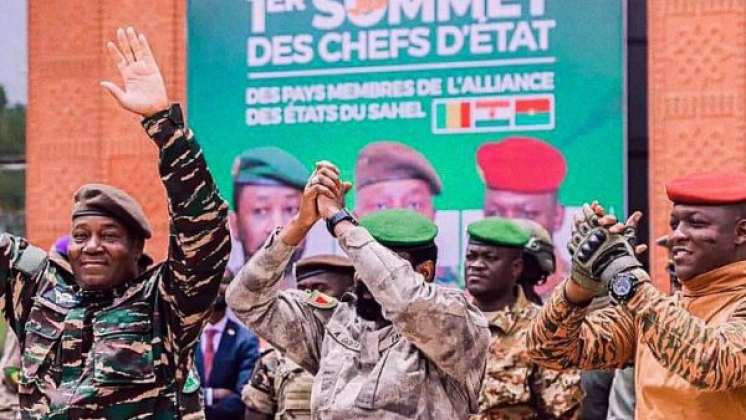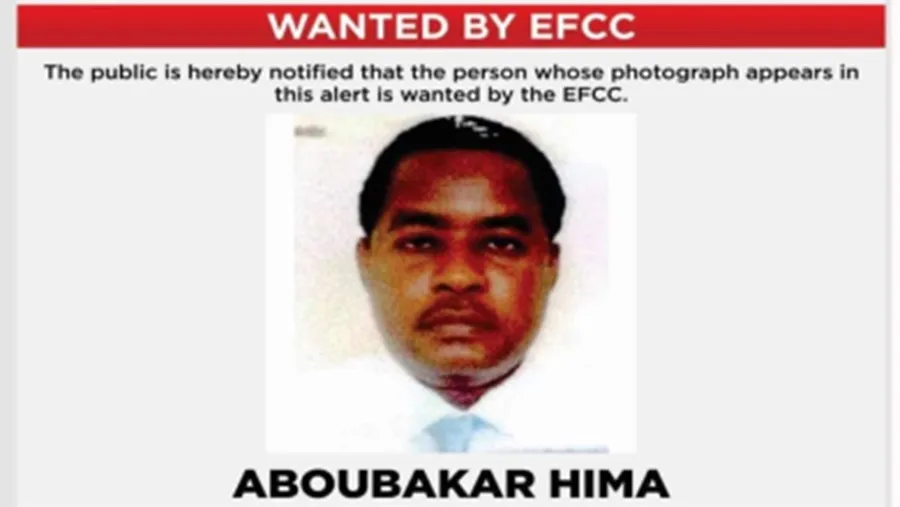A Mixed Balance Sheet: Russia’s Uneven Influence in the Maghreb
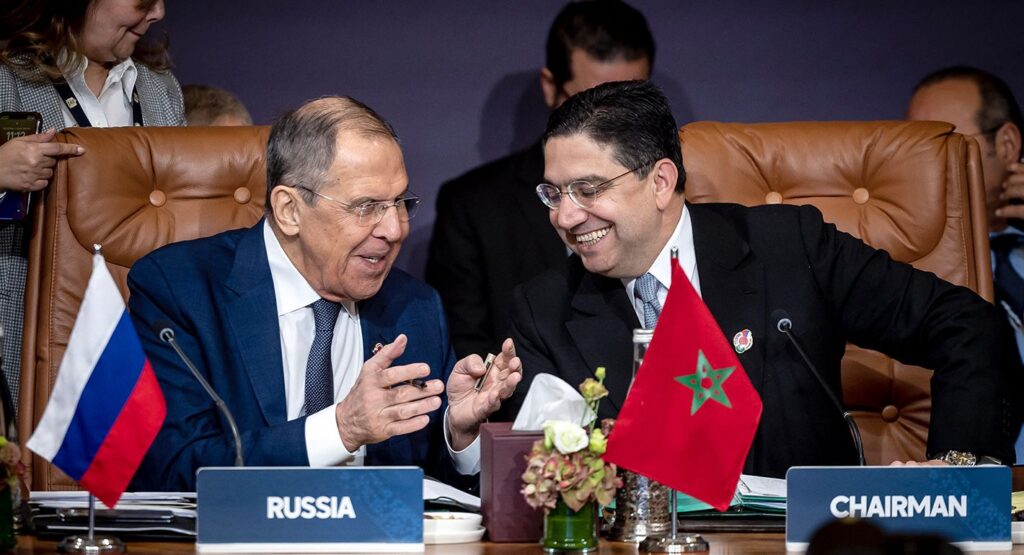
Russia’s outreach to the region has successfully exploited regimes’ frustrations with the West. Yet it has encountered difficulties in navigating the complex interrelations and rivalries.
The Arab-majority states of the Maghreb—Algeria, Libya, Morocco, and Tunisia—have become an increasing focus of Russian engagement and influence. Moscow is demonstrating a growing appreciation of their strategic value, especially in the domains of arms sales, energy, and, since the 2022 invasion of Ukraine, trade (largely to compensate for market shares lost to Western sanctions). Geographically, these countries are part of Africa and are members of the African Union and therefore serve as important elements in Russia’s growing power projection on the African continent. They are also situated on the Mediterranean basin, offering Moscow potential points of leverage on the flow of oil and natural gas and irregular migration into the southern flank of NATO-dominated Europe, as well as potential warm water ports for its navy. Further, linguistically, culturally, and politically, the Maghreb is part of the Arab world and plays a role in Russia’s broader “return” to the Middle East and its increased strategic focus on issues such as counterterrorism, the Palestinian-Israeli conflict, the Iranian nuclear issue, and Syria.

